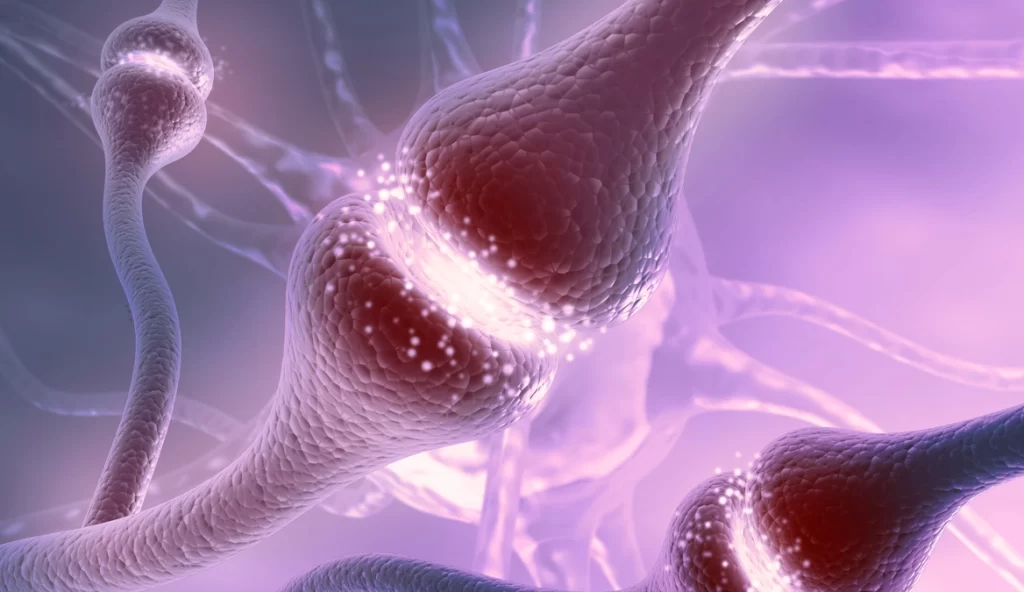Do you feel like you’re constantly under pressure? Do you feel like you can’t take a break because there’s always more work to be done? If so, you’re not alone. Stress is one of the biggest problems in the world today. According to the American Psychological Association, stress levels are at an all-time high. We’re here to help! In this blog post, we will discuss 5 ways that you can stop stress and start living a happier life.
Box Breathing
One way to stop stress is by practicing box breathing. This is a simple but effective breathing technique that can help to calm the nervous system. To do this, simply breathe in for four counts, hold your breath for four counts, breathe out for four counts, and repeat. This will help to slow down your heart rate and bring some much-needed oxygen to your brain.
Progressive Muscle Relaxation
Another way to stop stress is by practicing progressive muscle relaxation. This involves tensing and relaxing each muscle group in the body, one at a time. Start with the toes and work your way up to the head. This will help to release any tension that is being held in major muscle groups.
Practice Mindfulness
Mindfulness is the practice of being present in the moment and paying attention to your thoughts, feelings, and surroundings without judgment. Research has shown that mindfulness can help reduce stress, anxiety, depression, and fatigue. There are many ways to be more mindful, such as meditation, yoga, tai chi, journaling, and spending time in nature. You can also try some of the following tips to help you relax and feel more present in the moment:
- Take a few deep breaths. Focus on your breath as you inhale and exhale slowly.
- Focus on your senses. What do you see, smell, hear, taste, and feel?
- Eat mindfully. Pay attention to the colors, textures, and flavors of your food. chew slowly and savor each bite.
- Move your body mindfully. Try yoga, tai chi, or another gentle form of exercise. Or simply take a walk and pay attention to your surroundings.
- Be kind to yourself. Accepting yourself just as you are is an important part of mindfulness. Treat yourself with compassion and understanding.
If you’re looking for a way to reduce stress and improve your well-being, give mindfulness a try. It just takes a few minutes each day to make a difference. And remember, be patient and kind to yourself as you learn this new skill. Mindfulness takes practice!
Stress can take a toll on our mental and physical health. It’s important to find ways to manage stress in order to maintain our health and well-being. Mindfulness is one way that can help us do this. By being present in the moment and paying attention to our thoughts, feelings, and surroundings without judgment.
Exercise to reduce Cortisol
Cortisol is a stress hormone that the body releases in response to physical or emotional stress. When you experience chronic stress, your body produces too much cortisol. When we have too much cortisol in our system, it can lead to a host of problems like weight gain, anxiety, and depression.
Exercise is not only great for our physical health, but also for our mental wellbeing. One of the ways it does this is by reducing the levels of cortisol in our body. Cortisol is often referred to as the ‘stress hormone’, as it is released when we are under pressure. It can lead to a whole host of issues such as weight gain, anxiety and depression. So, if you’re feeling stressed, a quick workout could be just what you need!
Get a good night’s sleep
Serotonin is a neurotransmitter that plays an important role in the regulation of mood, appetite, and sleep. It is thought to be involved in the development of anxiety and depression. Studies have shown that people with low levels of serotonin are more likely to experience anxiety and depression. Sleeping helps to regulate serotonin levels in the brain. When you don’t get enough sleep, your serotonin levels can drop, which can lead to feelings of anxiety and depression. Getting enough sleep is essential for maintaining good mental health.
Sleep is critical for maintaining healthy levels of serotonin. This is because serotonin is produced in the brain during sleep. When you don’t get enough sleep, your brain doesn’t have enough time to produce serotonin. This can lead to feeling stressed and anxious.
Aim for at least seven hours of sleep every night. If you have trouble sleeping, there are a few things you can try to help you fall asleep and stay asleep through the night. Check out this post for five tips for better sleep.


